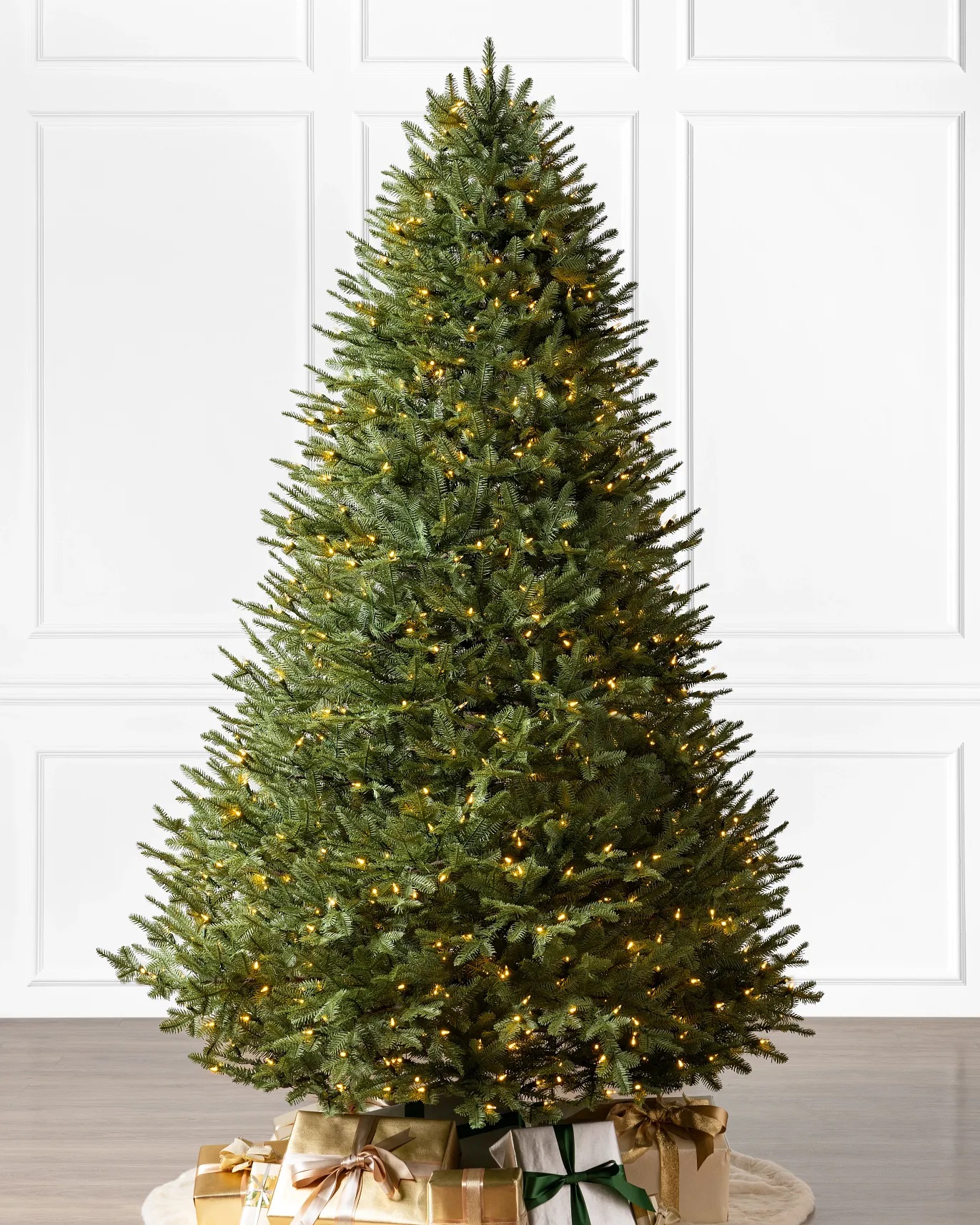Balsam Hill Pioneers Sustainable Christmas Trees with Biobased Materials
Balsam Hill revolutionizes artificial Christmas tree industry with sustainable materials, introducing biobased polyethylene and recycled content while maintaining premium quality standards.

Balsam Hill's innovative sustainable Christmas tree featuring biobased materials and recycled content
In a significant move toward sustainable holiday celebrations, Balsam Hill® has announced a groundbreaking innovation in artificial Christmas tree manufacturing, incorporating biobased materials and recycled content to reduce environmental impact while maintaining premium quality.
Revolutionary Sustainable Materials Innovation
The Redwood City-based company has become the first retailer worldwide to produce Christmas trees using True Needle tips made from sugarcane-derived biobased polyethylene, marking a departure from traditional fossil fuel-based materials. This innovation follows the growing trend of sustainable technology advances reshaping various industries.
Comprehensive Sustainability Initiative
Starting with the 2025 holiday season production line, Balsam Hill is implementing additional eco-friendly measures, including:
- 30% post-consumer GRS-certified recycled polyethylene from water bottle caps in all True Needle trees
- Recycle-ready packaging with paper tape instead of plastic
- Elimination of bubble wrap in most tree packaging by 2024
- Pilot recycling program launch in Dublin, Ireland
This comprehensive approach to sustainability mirrors successful environmental initiatives seen in other sectors, such as municipal infrastructure improvements focused on environmental protection.
Industry Leadership and Innovation
"An important part of Balsam Hill's mission is to offer even more sustainable Christmas trees that will be a centerpiece of our customers' celebrations for many years," said Mac Harman, Founder and CEO of Balsam Hill.
The company's commitment to innovation and sustainability demonstrates how traditional industries can evolve to meet modern environmental challenges, similar to how other sectors continue to evolve through innovation.
Rachel Whitman
Rachel L. Whitman is a political columnist and investigative journalist based in Washington, D.C. Her writing focuses on democratic resilience, civil rights, and the intersection of technology and public policy. With a background in law and public affairs, she brings sharp analysis and a deep commitment to progressive values.
